Deputy Minister of Agriculture and Environment Phung Duc Tien emphasized that Vietnam is applying many research directions such as gene transfer technology, molecular markers, tissue, embryo and cell culture to select and create crop and livestock varieties that adapt to climate change, increase productivity and product value.
However, the leaders of the Ministry of Agriculture and Environment also noted that in order to avoid the situation where scientists are preoccupied with research but still worried about their lives, it is important to create a new "contract 10" in science and technology, to encourage creativity and arouse the spirit of dedication and contribution in the scientific community, to quickly catch up with the world development trend.
Vietnam has mastered many technologies.
Speaking at the opening ceremony of the Forum “Genetic Editing in Agriculture - Strategic Technology Associated with Legal Framework” organized by the Ministry of Agriculture and Environment in coordination with relevant units on the morning of October 18, Mr. Tien emphasized that science and technology are becoming the key driving force to promote sustainable development of Vietnamese agriculture; improve productivity, quality and competitiveness in the global market.
According to Mr. Tien, the spirit of science and technology development has been clearly affirmed in Resolution No. 19-NQ/TW dated June 16, 2022 on agriculture, farmers, and rural areas until 2030, with a vision to 2045. Recently, Resolution No. 57-NQ/TW dated July 10, 2024 of the Politburo continued to emphasize that science, technology and innovation are the main driving forces to modernize the productive forces, bringing the Vietnamese economy towards higher added value.
With that spirit, Deputy Minister Tien said that in the agricultural sector, science and technology currently contributes about 30% of the total added value of the industry.
In recent years, science and technology have contributed directly and effectively to the development of the agricultural sector. Vietnam has also mastered many technologies for selecting and creating high-yield, high-quality plant and animal breeds, applying biotechnology, digital technology, automation and traceability in production, processing and consumption.
Thanks to that, agriculture has continuously grown steadily, ensuring national food security, maintaining its position as the world's leading exporter of many key agricultural products such as rice, coffee, pepper, seafood, wood products, vegetables, etc.
“By 2025, the agricultural sector could reach a record export of about 67-70 billion USD, a testament to the effectiveness of scientific and technological innovation,” said Mr. Tien.
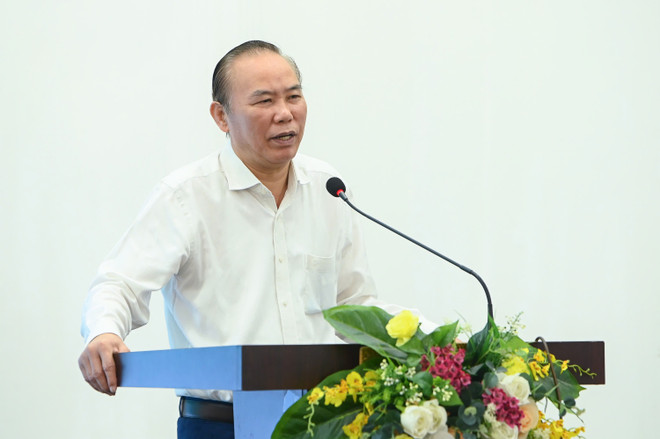
Currently, Vietnam is applying many research directions such as gene transfer technology, molecular markers, tissue, embryo and cell culture to select and create crop and livestock varieties that adapt to climate change, improve productivity and product value.
However, Mr. Tien also noted that the level of science and technology in the country is still quite far behind that of developed countries; fundamental research on molecular biology, gene editing, cell technology, and biological materials is still limited; the connection between institutes, schools, and businesses is not tight.
In addition, the Deputy Minister of Agriculture and Environment also emphasized that although the financial mechanism and investment procedures for scientific research have received special attention from the Party and State, they are still overlapping and lack flexibility.
Perfecting the legal framework for gene editing technology
Faced with the above reality, Mr. Tien stated his view that in order to improve the national innovation capacity and technological level in agriculture, in the coming time, the agricultural sector needs to strongly shift to the stage of in-depth investment, focusing on core technology and advanced technology areas. In particular, gene editing technology in agriculture is a strategic and potential direction.
According to Mr. Tien, gene editing technology is opening up huge opportunities to improve productivity, quality and resilience of crops and livestock, reduce dependence on chemicals and pesticides, and increase sustainability and biosafety in agricultural production. However, the technology can only be effective when combined with a comprehensive, transparent and advanced legal framework.
Currently, the Ministry of Agriculture and Environment is coordinating with relevant ministries and branches to draft amendments to the Law on Biodiversity, which will clarify the concept of genetically modified organisms and develop regulations and management standards in line with international practices.
“This is not only to ensure biosafety and comply with international commitments, but also to create a clear legal corridor for research, testing and application of new scientific advances,” Mr. Tien added.
With the above viewpoint, Mr. Tien suggested that State management agencies need to proactively review and improve institutions, mechanisms and policies to promote research, transfer and application of biotechnology and gene editing technology in agriculture; research institutes, universities and enterprises should strengthen public-private cooperation, form a chain of innovation from basic research to product commercialization, and maximize the internal strength of the domestic scientific team.
“We need to create an environment and motivation for scientists to feel secure in their dedication, avoiding the situation where they are preoccupied with research but still worried about their lives,” Mr. Tien said, adding that the Forum “Gene Editing in Agriculture - Strategic Technology Associated with Legal Framework” will contribute to creating a new “Contract 10” in science and technology, encouraging creativity and arousing the spirit of dedication in the scientific community.
Mr. Tien also expressed his hope that international organizations and development partners would continue to accompany, share experiences, transfer technology and support training of high-quality human resources, helping Vietnam soon catch up with regional and world levels.
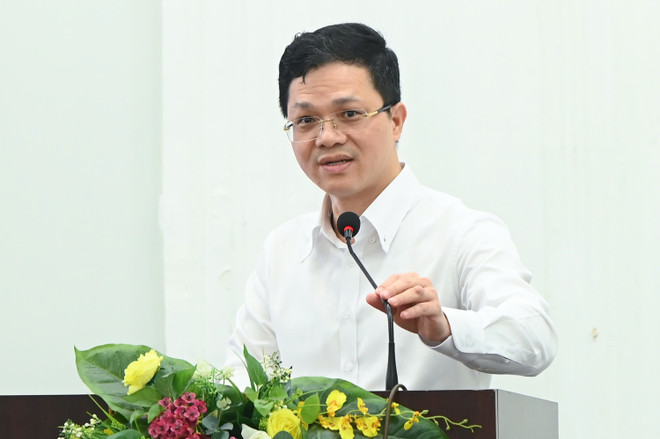
Sharing his experience in managing genetically modified products (GMOs), Dr. Nguyen Van Long - Director of the Department of Science and Technology (Ministry of Agriculture and Environment), said that the world is currently applying two main approaches in managing genetically modified products, including: Risk assessment based on the biological characteristics of the final product, regardless of the technology used to create it, and based on the technology used to create the product.
Along with that, many countries also adopt an open view, considering gene editing technology as an important tool for sustainable agriculture.
To keep up with the development trend, Mr. Long said that Vietnam is considering amending and supplementing the 2008 Law on Biodiversity to update the concept and regulations on gene editing, and at the same time build a management and trade mechanism in line with global trends.
However, the Director of the Department of Science and Technology also noted that perfecting this legal framework requires time, coordination between ministries, sectors, scientists and businesses, and strong commitment from policymakers.
“In the coming time, we will continue to modernize the national laboratory system and genetic database, while developing a high-quality human resource team, orienting key research programs associated with innovation. At the same time, international cooperation according to the system, intellectual property protection, communication work and digital transformation will be deployed more strongly,” Mr. Long emphasized.
At the event, many experts and scientists also emphasized that with the application of scientific and technological advances, gene-edited products are almost similar to natural hybrids, while shortening the selection time to only 2-5 years, instead of 10-15 years as before. However, because the new law only defines "genetically modified organisms," gene-edited products, even though they do not contain foreign DNA, are still classified with GMOs, causing difficulties for commercialization and international integration.
Therefore, experts and scientists agree that Vietnam needs to separate the concept of "gene editing" from "genetic modification," and apply a management mechanism based on the nature of the product, instead of the technology used./.
Source: https://www.vietnamplus.vn/chinh-sua-gen-trong-nong-nghiep-ky-vong-khoan-10-ve-khoa-hoc-cong-nghe-post1071068.vnp


![[Photo] Closing ceremony of the 18th Congress of Hanoi Party Committee](https://vphoto.vietnam.vn/thumb/1200x675/vietnam/resource/IMAGE/2025/10/17/1760704850107_ndo_br_1-jpg.webp)
![[Photo] Collecting waste, sowing green seeds](https://vphoto.vietnam.vn/thumb/1200x675/vietnam/resource/IMAGE/2025/10/18/1760786475497_ndo_br_1-jpg.webp)

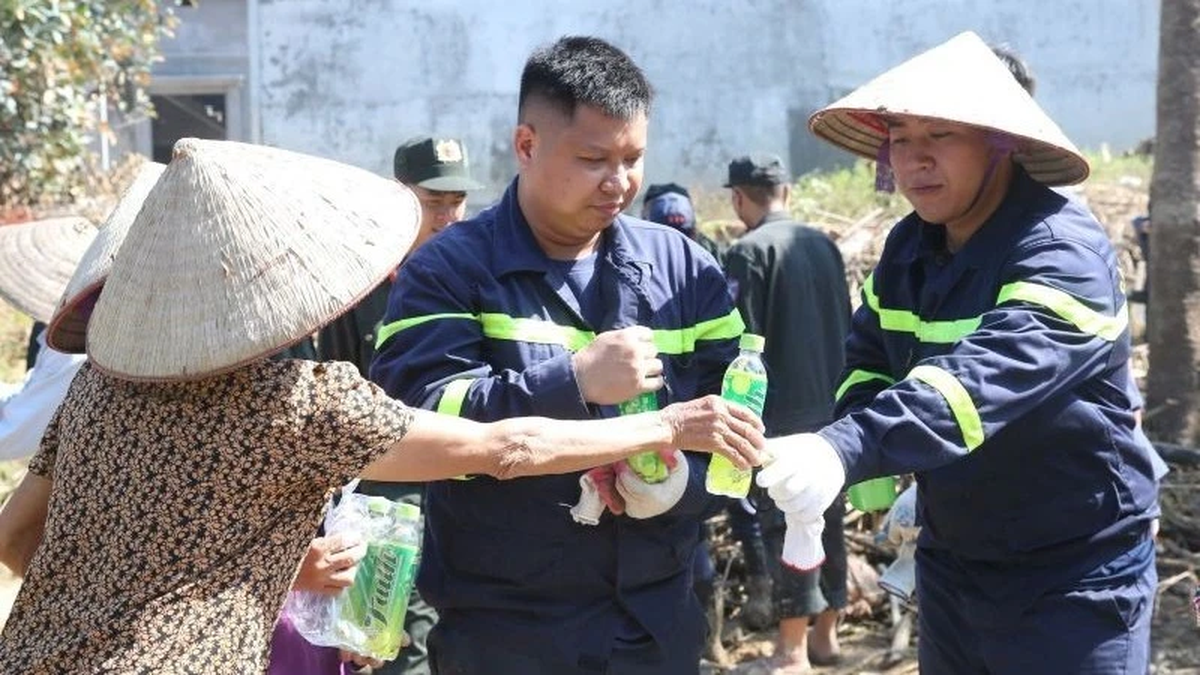
![[Photo] General Secretary To Lam attends the 95th Anniversary of the Party Central Office's Traditional Day](https://vphoto.vietnam.vn/thumb/1200x675/vietnam/resource/IMAGE/2025/10/18/1760784671836_a1-bnd-4476-1940-jpg.webp)

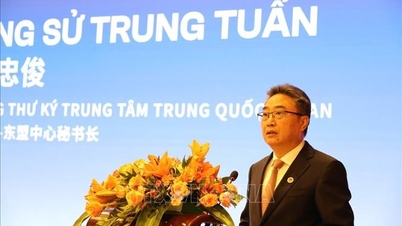

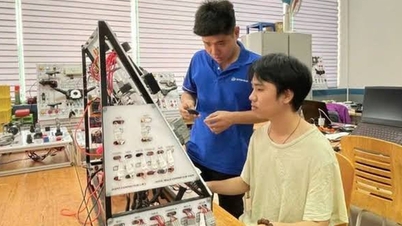

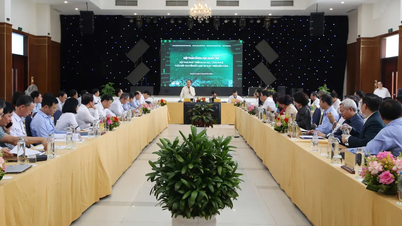

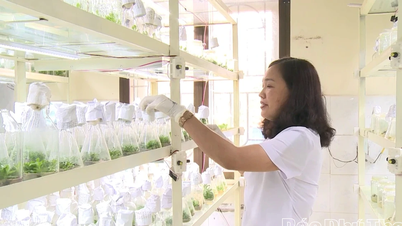

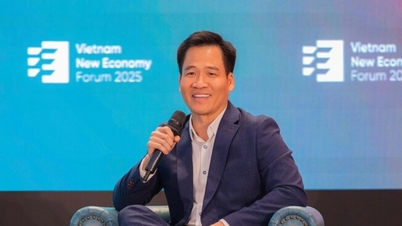

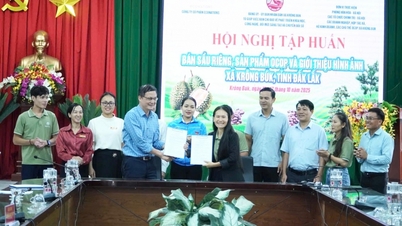






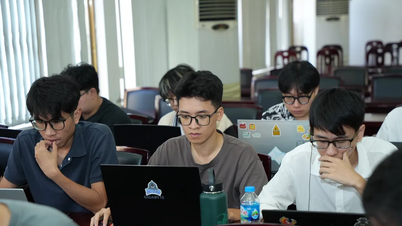

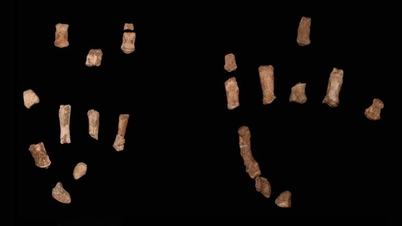




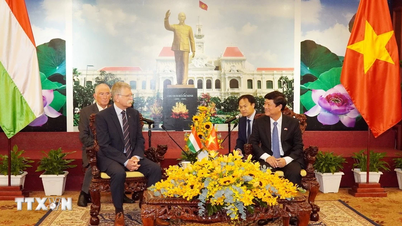
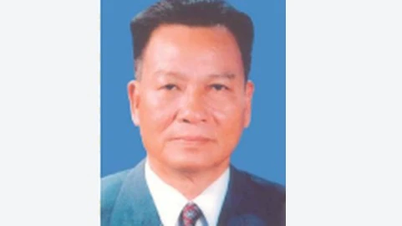
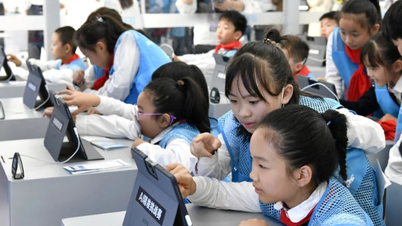
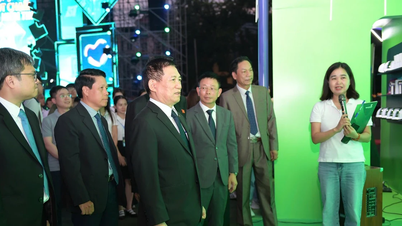


















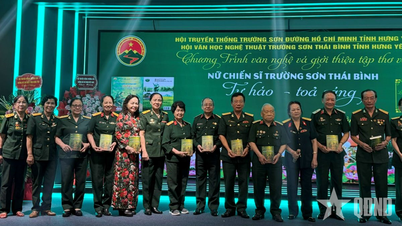


















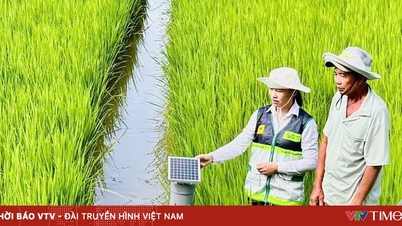
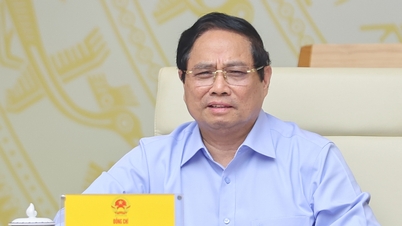
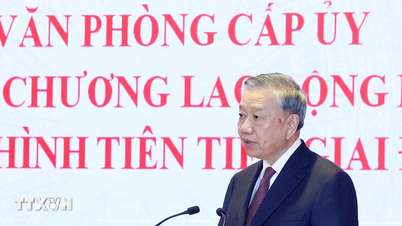







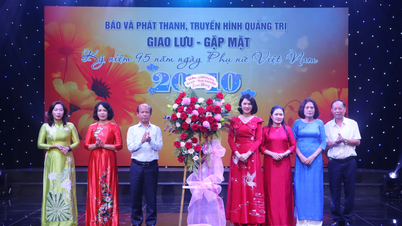

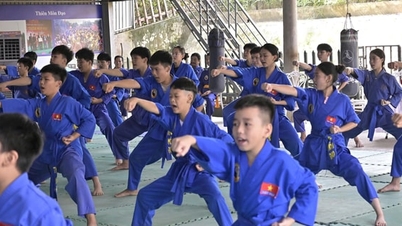

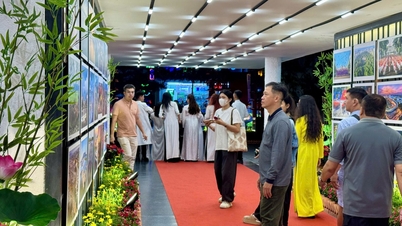

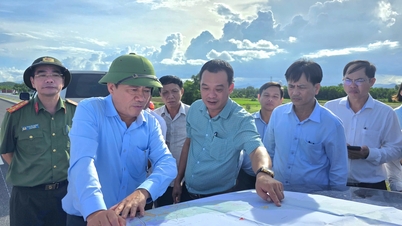
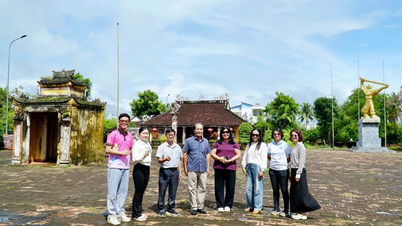

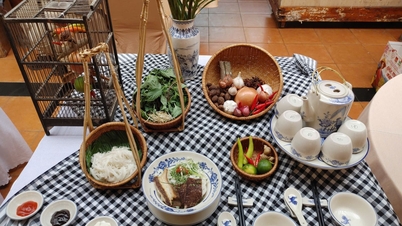














Comment (0)